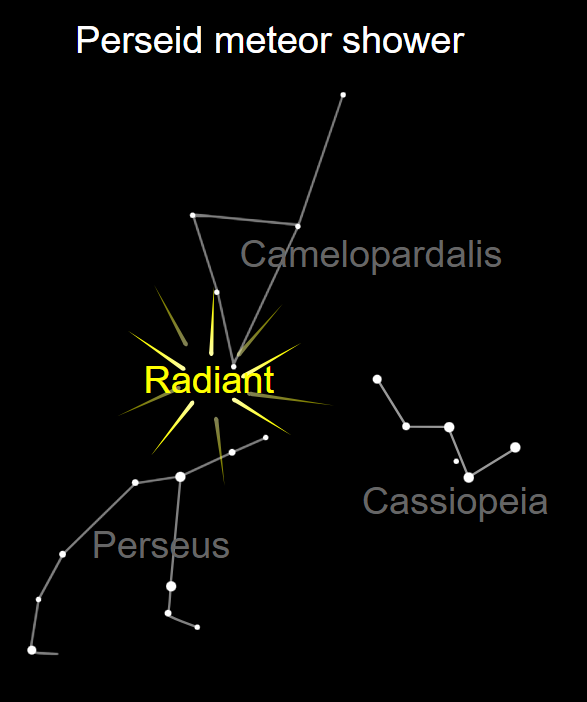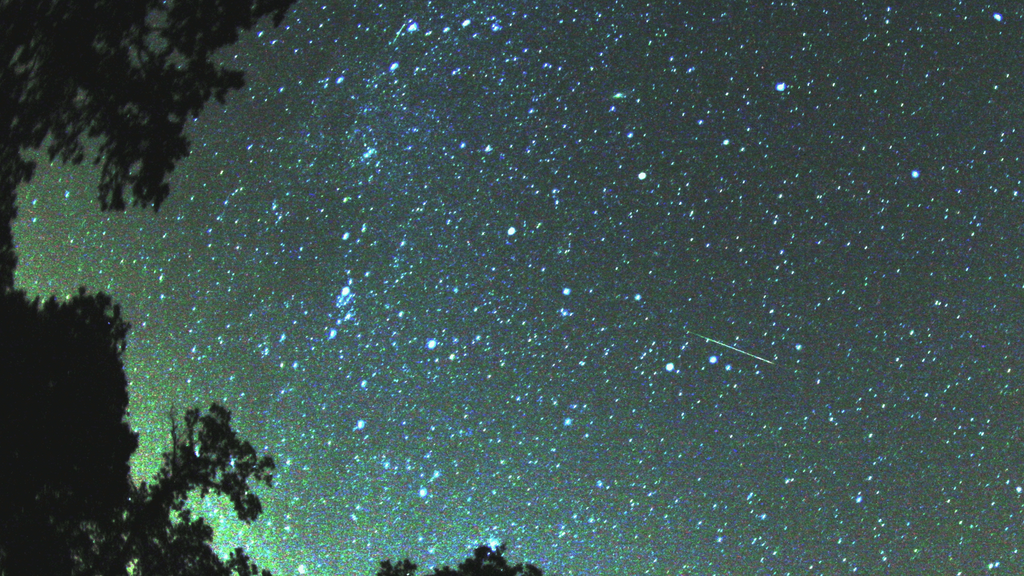The annual Perseid meteor shower, often hailed the calendar's most spectacular meteor display, will again be visible in the Northern Hemisphere, with a magnificent crescendo this weekend.
On the nights of Saturday 12 August through Sunday 13 August (and to a lesser extent 13 and 14 August) approximately 38 to 50 meteors will cross skies each hour. Though current forecasts show some clouds, conditions are due to be considerably better than previous days.
The peak of the star shower will be on Sunday 13 August at 04:00.
How to watch the spectacle
To optimize your chances of catching these awe-inspiring meteors from Belgium, Meteovista weather service recommends looking diagonally towards the east and northeast. Shooting stars will appear on the horizon as a brilliant and swift trail.
Whilst last year coincided with a full moon, this year the moon's phase will be a waning crescent. This will provide a darker backdrop so that even the fainter meteors might be visible.

Credit: Sanu N, CC BY-SA 4.0 <https://creativecommons.org/licenses/by-sa/4.0>, via Wikimedia Commons
Taking its name from the constellation Perseus, the Perseids emanate from a specific point in the sky known as the radiant. Each meteor follows a similar orbit. The shooting stars visible are only remnants (usually just tiny grains, pebbles, or even pea-sized fragments) of comets or asteroids that broke up after hitting Earth's atmosphere.
This year's display is especially anticipated for its radiant fireballs – dazzling bursts of light that result from slightly larger debris fragments.
Fast space debris
Perseids reach speeds of up to 37 miles per second, an astonishing 214,042 kph. This incredible velocity generates friction as the meteors interact with Earth's atmospheric molecules, leading to their dazzling display as Earth passes through swathes of space debris.
Our planet is currently making its way through the remnants left behind by Comet Swift-Tuttle, a 25-kilometre-long comet that crosses Earth's skies every 133 years. Its residual debris orchestrates the radiant Perseid meteor shower every August.
Prepare to be captivated by the Perseid meteor shower's celestial performance. As the weekend unfolds, with the peak on Sunday, 13 August, embrace the opportunity to witness nature's spectacular fireworks against the canvas of the night sky.

